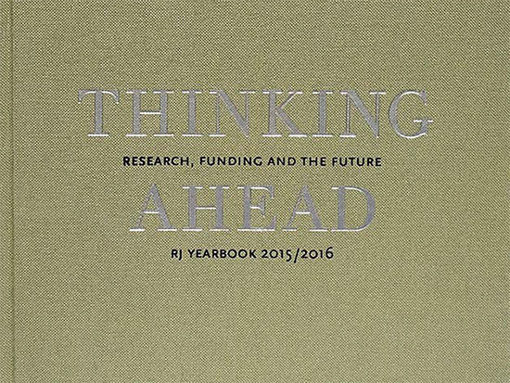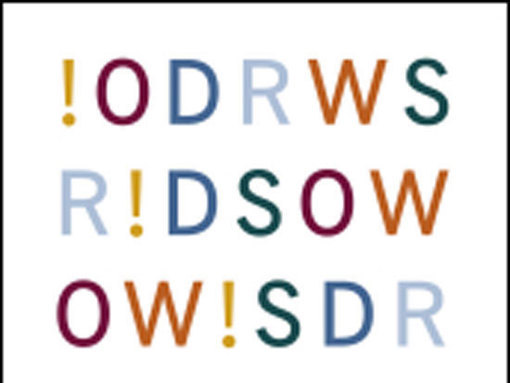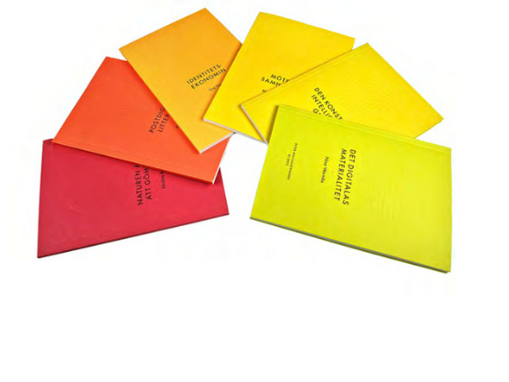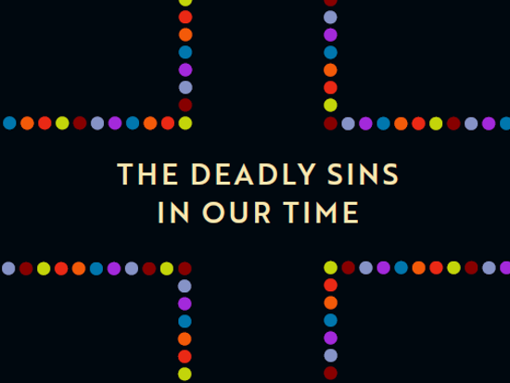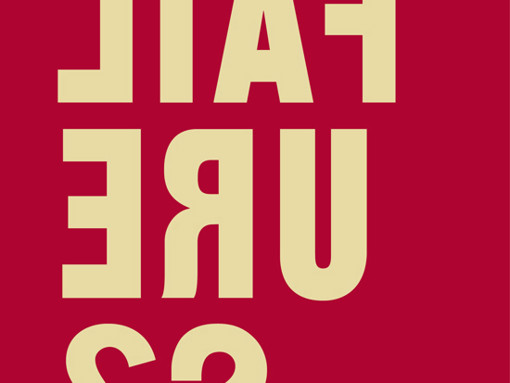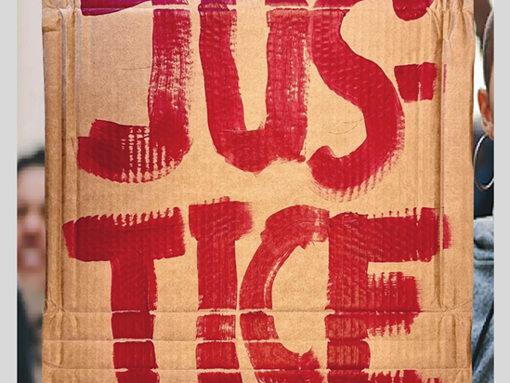Justice
What is a fair punishment – and a just peace? Does digitalisation create justice? Can nature be granted rights?
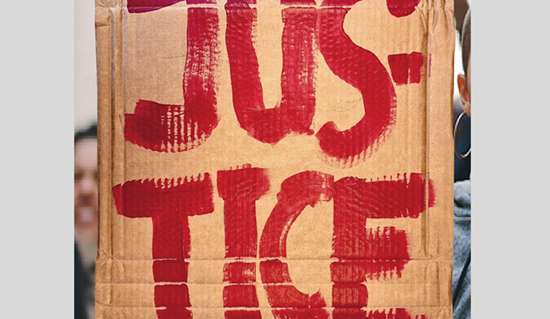
This year, researchers are discussing justice. In six essays, they explore the conditions and challenges surrounding justice. The topics include fair punishment, resource distribution and peace, but also censorship, whether nature can have its own rights, and of course the possibly eternal question: despite all the problems, is the world becoming a little fairer in the long run?
Here, criminologist Magnus Hörnqvist writes about the dual justice of punishment, philosopher Lena Halldenius on respect, resources and relationships, and economist Andreas Bergh who addresses the question of whether the world is becoming fairer. Literary scholar Jon Helgason writes about censorship, political scientist Karin Aggestam on the possibilities of creating a just peace with a focus on Israel/Palestine, and finally legal scholar Yaffa Epstein reflects on whether a possible solution to environmental problems could be to grant nature its own rights.
Read
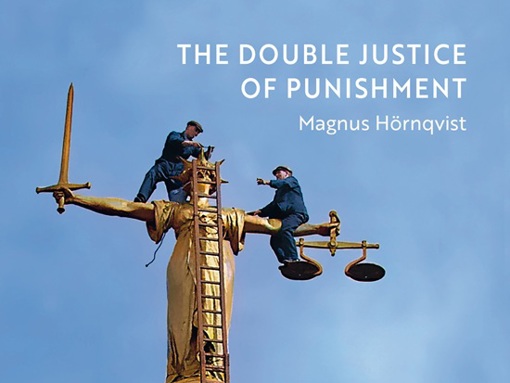
The double justice of punishment
Criminologist Magnus Hörnqvist discusses punishment and justice, from the Greek Oresteia to Trump’s enthusiasm for torture.
I want to read (pdf)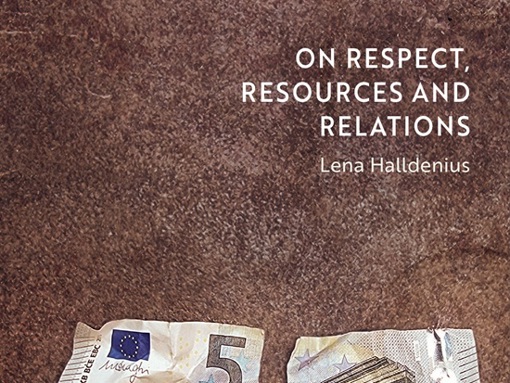
On respect, resources and relations
Philosopher Lena Halldenius discusses how technological developments are challenging everyday justice.
I want to read (pdf)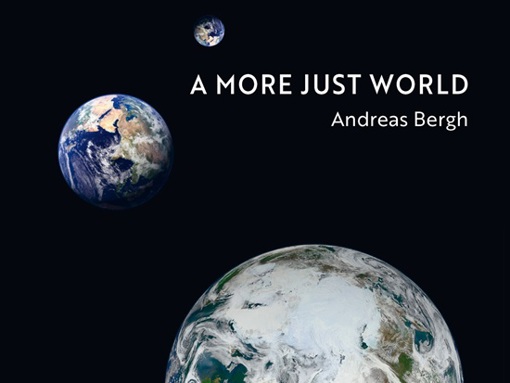
A more just world
Andreas Bergh, economics researcher, writes about how justice can be measured.
I want to read (pdf)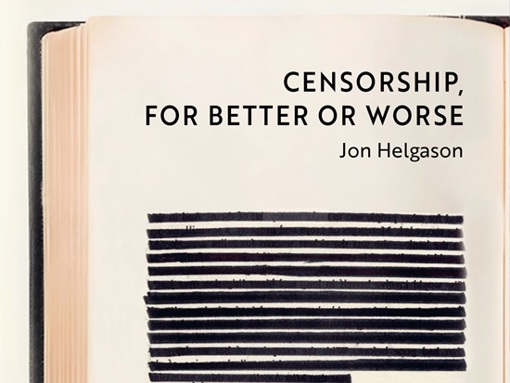
Censorship, for better or worse
Literary scholar Jon Helgason writes about justice and the history of literary censorship.
I want to read (pdf)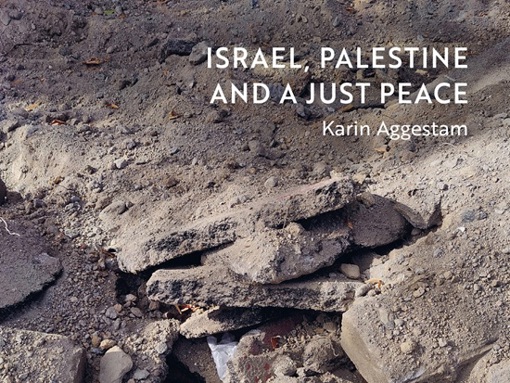
Israel, Palestine and a just peace
Political scientist Karin Aggestam writes about justice in peacetime, and its complications.
I want to read (pdf)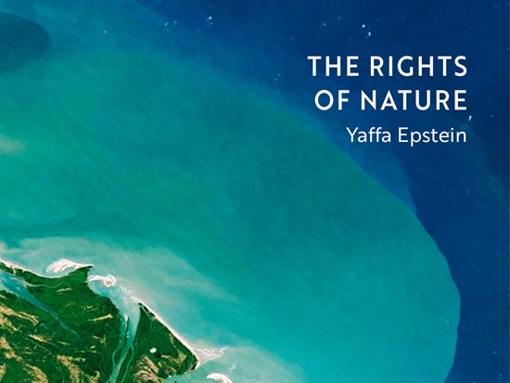
The rights of nature
Scholar of environmental law Yaffa Epstein writes about justice for nature and how it can be achieved.
I want to read (pdf)